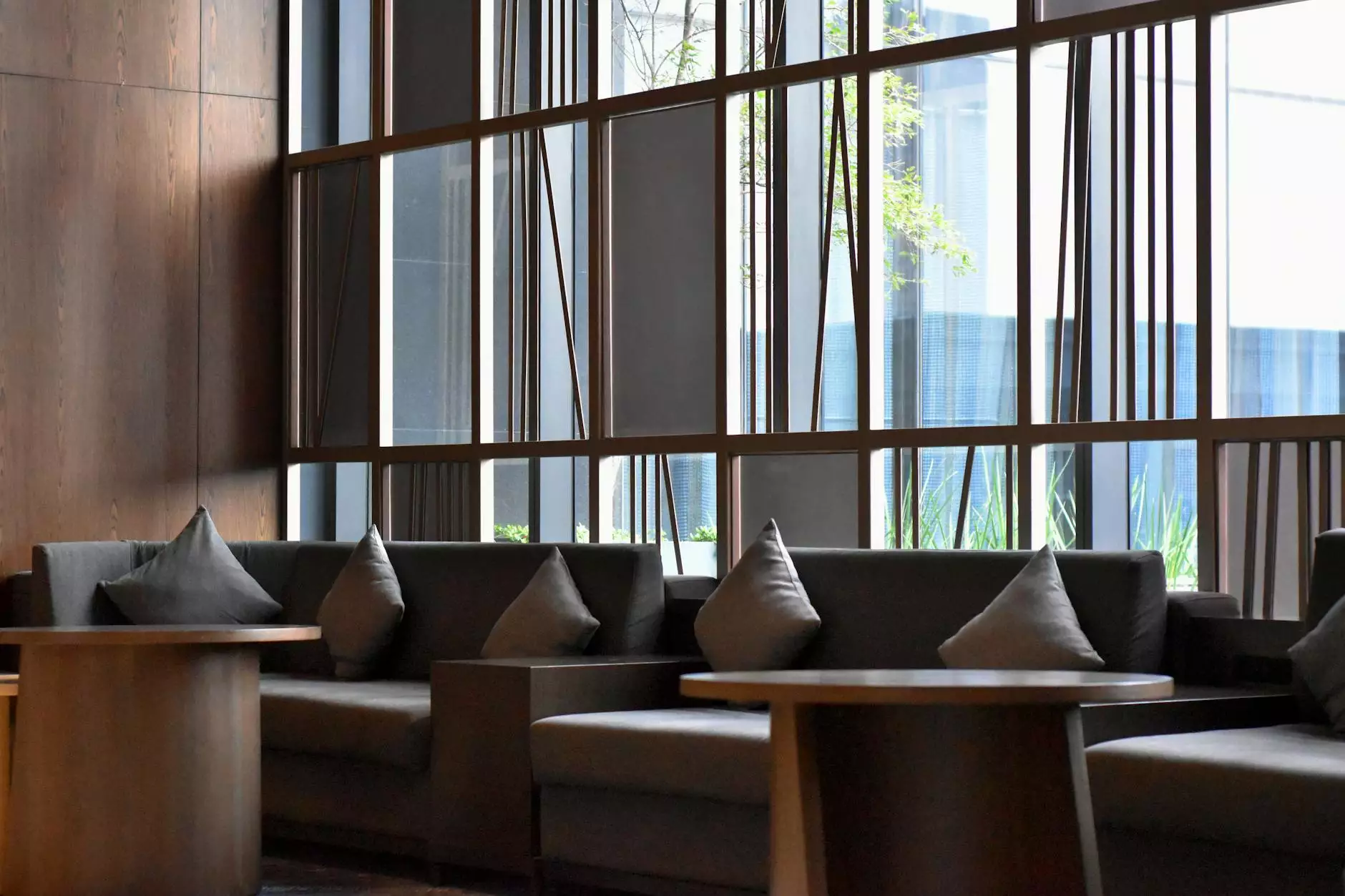The Importance of Quality Animal Enclosures in Modern Business
In today's rapidly evolving business landscape, the welfare of animals is becoming more important than ever. As a result, animal enclosures have emerged as a critical aspect of various industries like animal shelters, pet boarding facilities, and metal fabricators. This article delves into the significance of high-quality animal enclosures and how they can enhance the success of businesses in these sectors.
What Are Animal Enclosures?
Animal enclosures refer to the structures designed to confine, protect, and safely house animals. These enclosures come in various forms, including cages, pens, and corrals, and are essential in both commercial and non-commercial settings.
Benefits of Quality Animal Enclosures
1. Enhanced Animal Welfare
Quality enclosures contribute significantly to the welfare of animals. They provide a safe environment where animals can live, play, and interact without risk of injury or escape. Properly designed animal enclosures ensure that animals have enough space to move around comfortably, reducing stress and promoting a healthier lifestyle.
2. Increased Security
Security is a primary concern in any business involving animals. High-quality animal enclosures help prevent unauthorized access, which can safeguard against theft, injury, or animal escapes. This is particularly important for facilities that house valuable or endangered species.
3. Compliance with Regulations
Many countries have stringent regulations regarding the treatment and housing of animals. By investing in robust animal enclosures, businesses can ensure they meet these legal requirements, thus avoiding potential fines and maintaining a positive reputation.
4. Easier Maintenance
Durable and well-designed animal enclosures facilitate easier maintenance. Proper materials and construction reduce wear and tear, making cleaning routines and repairs manageable, thus promoting a hygienic environment essential for animal health.
Types of Animal Enclosures
There are several types of animal enclosures, each designed to suit different needs and species. Here are some common types:
- Cages: Typically used for smaller animals like birds, rodents, and reptiles.
- Pens: Suitable for larger animals such as dogs, cats, and even livestock.
- Aviaries: Enclosures specifically designed for birds that allow for flight and interaction.
- Fenced Areas: Larger areas that provide space for animals like goats or sheep to roam.
- Specialized Enclosures: Custom-built facilities that cater to the unique needs of specific species.
Key Materials Used in Animal Enclosures
When constructing animal enclosures, the choice of materials is crucial. The right materials ensure the safety, durability, and comfort of the animals. Some of the most common materials include:
- Metal: Steel and aluminum are popular for their strength and longevity.
- Wood: Offers natural insulation and comfort but requires proper treatment against rot.
- Wire Mesh: Used for visibility and ventilation while keeping animals secure.
- Plastic: Lightweight and water-resistant, suitable for various types of enclosures.
Factors to Consider When Designing Animal Enclosures
Designing effective animal enclosures involves multiple considerations to ensure optimal conditions for animals:
1. Size and Space
The size of the enclosure must accommodate the animal's needs. For instance, larger breeds require spacious environments, while smaller animals might be more comfortable in compact designs.
2. Ventilation and Light
Proper ventilation and natural lighting are critical for maintaining a healthy environment within the enclosure. Poor ventilation can lead to respiratory issues, while inadequate light exposure can affect the animals' mood and health.
3. Access to Water and Food
Every enclosure should allow easy access to clean water and food. Feeding stations should be designed to minimize waste and ensure that all animals can eat comfortably.
4. Safety Features
Safety should be the priority in any animal enclosure design. This includes secure latches, sturdy materials, and barriers that prevent escapes and protect animals from potential external threats.
Best Practices in Animal Enclosure Maintenance
To ensure the longevity and effectiveness of animal enclosures, businesses must adhere to best practices in maintenance:
1. Regular Inspections
Conduct frequent inspections to identify any signs of wear or damage. Early detection can prevent costly repairs and ensure the continued safety of the animals.
2. Cleaning Routines
Establish a comprehensive cleaning routine that includes disinfection to minimize the risk of disease transmission among animals.
3. Upkeep of Surroundings
Maintain the area surrounding the enclosures to prevent potential hazards and ensure that animals have a clean and safe environment.
Incorporating Technology in Animal Enclosures
Modern advancements allow the incorporation of technology into animal enclosures, enhancing the safety and welfare of animals. Some innovative solutions include:
- Monitoring Systems: Cameras that enable facility managers to keep an eye on the animals from anywhere.
- Automated Feeding: Systems that provide food and water on a schedule to ensure consistency.
- Climate Control: Technology that regulates temperature and humidity within the enclosures for optimal comfort.
Conclusion: Investing in Quality Animal Enclosures
In conclusion, investing in high-quality animal enclosures is beneficial for animal welfare, business security, and compliance with regulations. Whether you are an animal shelter, a pet boarding facility, or a provider of metal fabrication for enclosures, the advantages of quality designs and materials are evident. By prioritizing the above factors and best practices, businesses can enhance their operations while ensuring a safe and nurturing environment for animals. This not only boosts the reputation of the business but also contributes positively to the community and society as a whole. Always remember, making the right investments in animal enclosures today sets the foundation for a better tomorrow for animals and your business.

